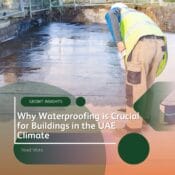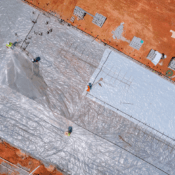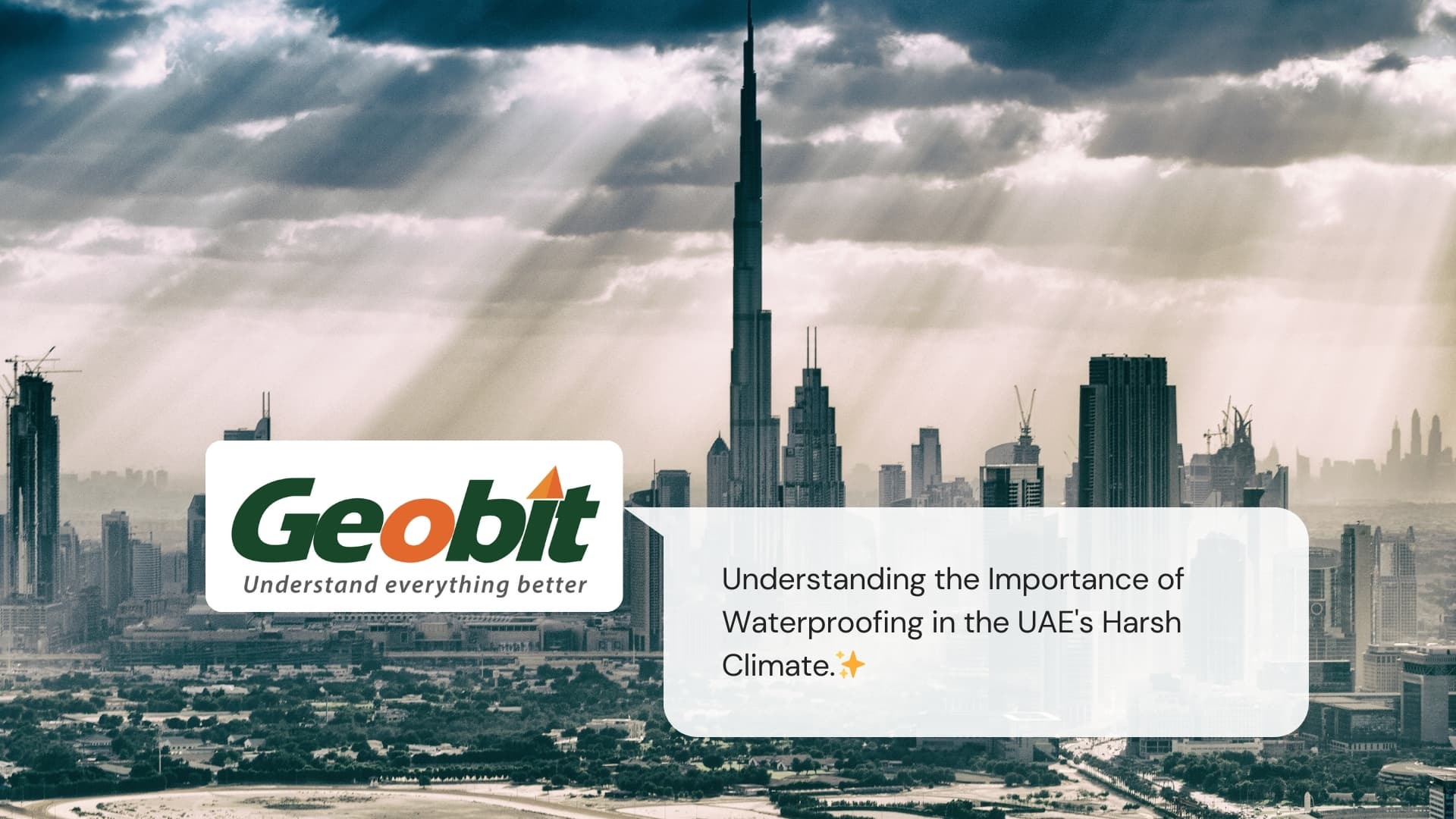
Understanding the Importance of Waterproofing in the UAE’s Harsh Climate.
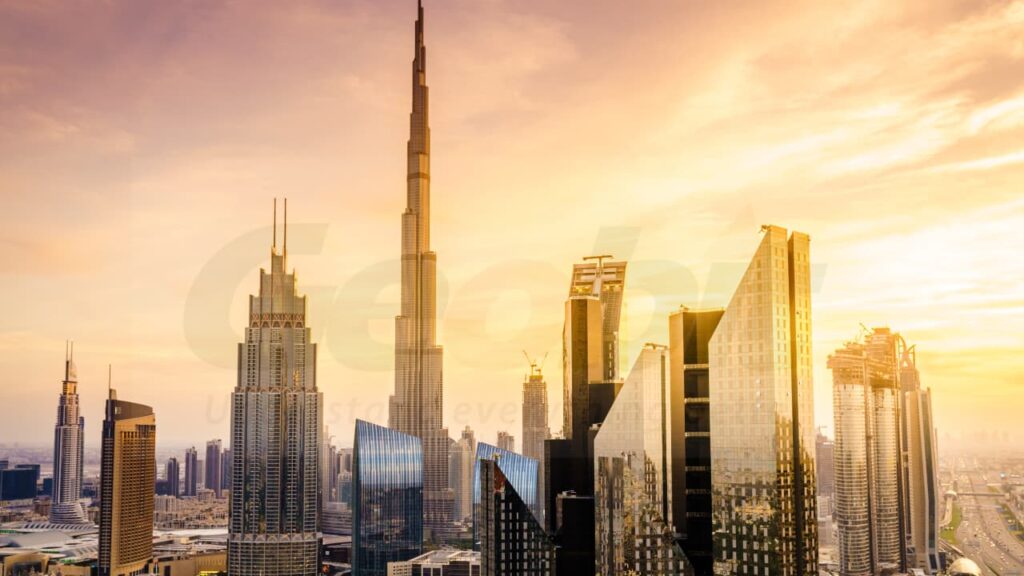
In the United Arab Emirates (UAE), the climate poses unique challenges that necessitate effective waterproofing solutions for buildings and infrastructure. With extreme temperatures, high humidity, and occasional heavy rainfall, the importance of waterproofing cannot be overstated. This article delves into the reasons why waterproofing is essential in the UAE, the various techniques available, and the long-term benefits of implementing these solutions.
The Climate Challenge
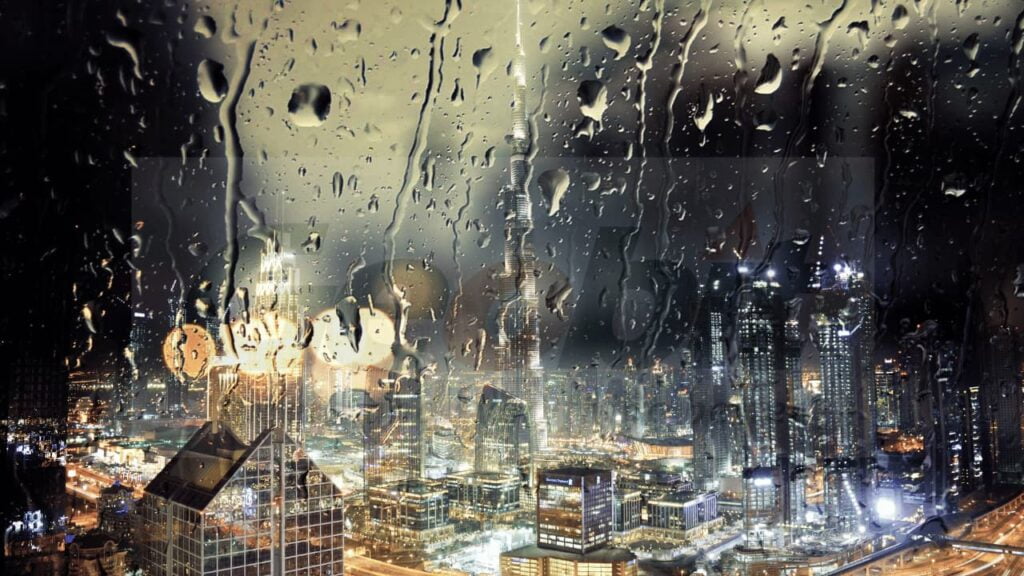
The UAE experiences a desert climate characterized by high temperatures, low annual rainfall, and high humidity levels, especially along the coastal regions. While the average annual rainfall is relatively low, the intensity of rain during certain seasons can lead to flash floods. Additionally, the high water table in some areas exacerbates the risk of water seepage into buildings, making waterproofing a critical aspect of construction and maintenance.
Key Climate Factors Impacting Waterproofing
- High Temperatures: The intense heat can cause materials to expand and contract, leading to cracks and potential water ingress.
- Humidity: High humidity levels can lead to condensation inside buildings, which can contribute to mold growth and deterioration of building materials.
- Rainfall and Flooding: Although rainfall is sparse when it occurs, it can be heavy and lead to localized flooding, particularly in urban areas where drainage systems may be overwhelmed.
The Risks of Inadequate Waterproofing
Failing to implement proper waterproofing measures can result in various issues that not only affect the integrity of the building but also pose health risks to occupants. Some of the risks associated with inadequate waterproofing include:
- Structural Damage: Water ingress can weaken the foundation and walls of a building, leading to costly repairs and potential safety hazards.
- Mold and Mildew Growth: Moist environments promote the growth of mold and mildew, which can cause health issues, including respiratory problems and allergies.
- Increased Maintenance Costs: Without proper waterproofing, buildings require more frequent repairs and maintenance, leading to higher long-term costs.
- Decreased Property Value: Properties that suffer from water damage and related issues may see a significant decrease in market value, making them less attractive to potential buyers.
Key Waterproofing Techniques for the UAE
Given the unique climatic challenges in the UAE, several waterproofing techniques are particularly effective in safeguarding structures against water damage. Here are some of the most common methods:
1. Cementitious Waterproofing
Cementitious waterproofing is a widely used method that involves applying a cement-based mixture to surfaces. This technique is known for its durability and ease of application.
- Advantages: It is resistant to mold and mildew, provides strong adhesion to concrete, and is suitable for both interior and exterior applications.
- Applications: Commonly used in wet areas such as bathrooms, kitchens, and swimming pools.
2. Liquid Applied Membranes (LAM)
Liquid applied membranes are versatile solutions that consist of liquid polymers that form a seamless, waterproof barrier once applied.
- Advantages: They can accommodate structural movements, fill cracks, and provide a flexible waterproofing solution.
- Applications: Ideal for roofs, balconies, and areas with complex shapes.
3. Bituminous Coating
Bituminous waterproofing involves the application of a bitumen-based product, either in liquid or sheet form.
- Advantages: Highly resistant to water and cost-effective, making it suitable for large-scale applications.
- Applications: Commonly used for flat roofs, foundations, and below-grade structures.
4. Polyurethane Liquid Membrane
Polyurethane membranes are known for their flexibility and durability, making them an excellent choice for waterproofing.
- Advantages: They provide excellent adhesion, can expand and contract with temperature changes, and have a long lifespan.
- Applications: Suitable for flat roofs, terraces, and areas with high foot traffic.
5. Green Roofing
Green roofing is an innovative approach that involves covering a roof with vegetation and soil, providing natural insulation and stormwater management.
- Advantages: Helps reduce heat absorption, lowers energy costs, and absorbs rainfall, mitigating runoff.
- Applications: Increasingly popular in eco-friendly developments, such as the Dubai Sustainable City.
The Long-Term Benefits of Waterproofing
Investing in waterproofing solutions offers numerous long-term benefits that extend beyond mere protection against water damage. Here are some of the key advantages:
1. Enhanced Durability
Proper waterproofing significantly extends the lifespan of a building by preventing moisture-related damage. This durability translates to fewer repairs and a longer time between major renovations.
2. Improved Indoor Air Quality
By preventing mold and mildew growth, waterproofing contributes to a healthier indoor environment. This is particularly important in the UAE, where air conditioning is essential, and indoor air quality can be compromised by moisture.
3. Energy Efficiency
Effective waterproofing enhances the energy efficiency of a building by reducing heat transfer through wet walls and roofs. This can lead to lower energy bills, particularly in a climate where cooling costs are a significant expense.
4. Increased Property Value
A well-maintained, waterproofed property is more attractive to potential buyers and can command a higher market value. This is especially important in a competitive real estate market like the UAE.
5. Compliance with Building Regulations
Many local building codes and regulations require waterproofing measures to be in place. Ensuring compliance not only avoids potential legal issues but also enhances the safety and integrity of the structure.
Conclusion
In conclusion, understanding the importance of waterproofing in the UAE's harsh climate is essential for homeowners, builders, and property managers. With the unique challenges posed by high temperatures, humidity, and occasional heavy rainfall, effective waterproofing solutions are not just a luxury but a necessity. By investing in appropriate waterproofing techniques, property owners can protect their investments, ensure the health and safety of occupants, and enhance the overall durability and value of their buildings. As the UAE continues to develop and urbanize, the role of waterproofing will remain critical in maintaining the integrity of structures and safeguarding the environment.
